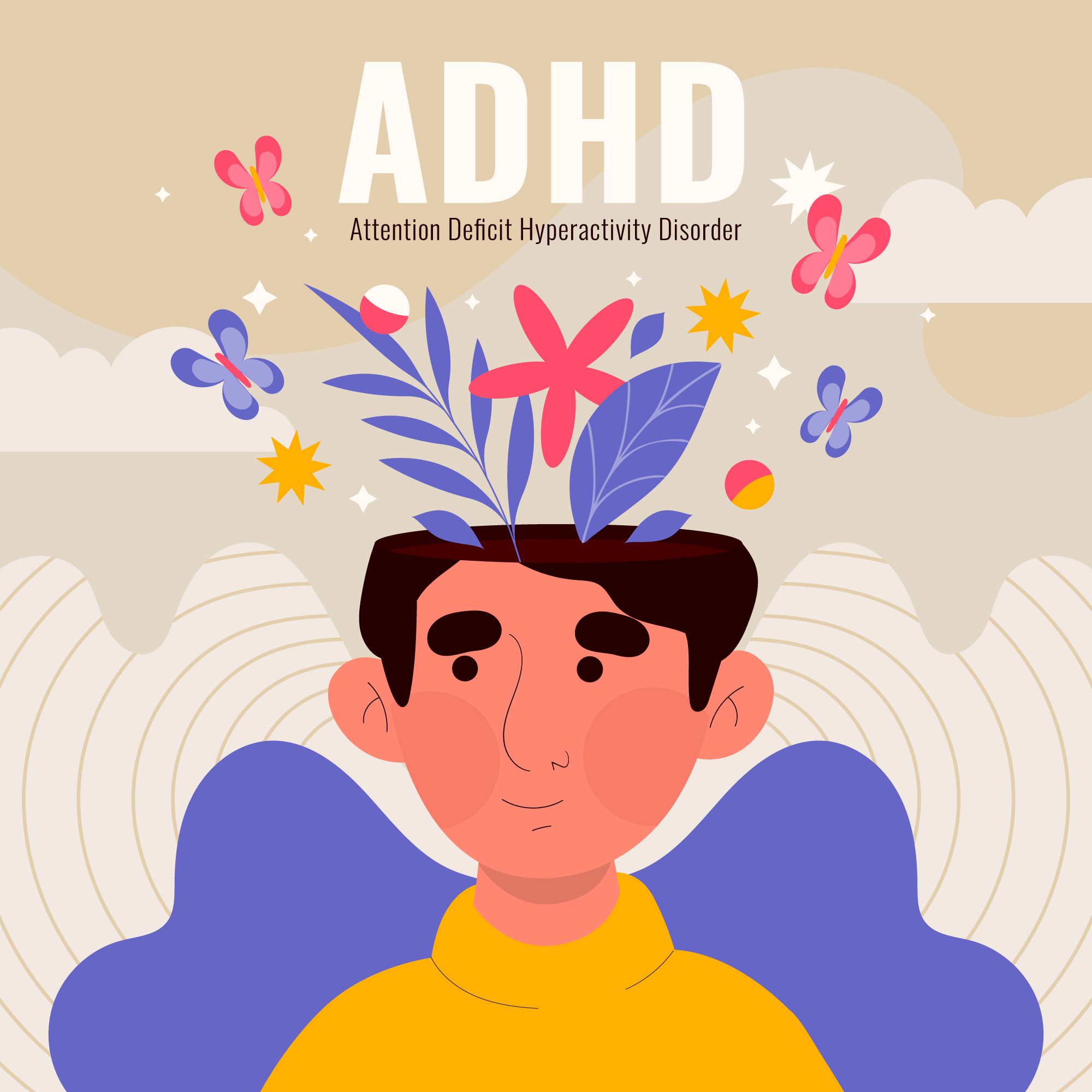Attention Deficit Hyperactivity Disorder (ADHD) is a neurodevelopmental disorder that affects millions of children worldwide. It is characterized by symptoms such as hyperactivity, impulsivity, and inattention, which can make it challenging for children with ADHD to succeed in school, social situations, and life in general. Parents of children with ADHD often struggle to understand their child’s behavior and how to support them. However, by educating themselves on the symptoms, causes, and treatment options for ADHD, parents can better understand their child’s behavior and provide effective support.
Symptoms
One of the first steps for parents is to educate themselves about the symptoms of ADHD. Symptoms of ADHD can vary depending on the individual, but typically include hyperactivity, impulsivity, and inattention. Hyperactivity symptoms include fidgeting, excessive talking, and difficulty staying still. Impulsivity symptoms include interrupting others, difficulty waiting their turn, and acting without thinking. Inattention symptoms include difficulty paying attention, forgetfulness, and poor organization skills. By understanding these symptoms, parents can recognize when their child is struggling and take appropriate action.
Causes
In addition to understanding the symptoms of ADHD, it’s also important for parents to understand the causes of ADHD. ADHD is a complex condition that is believed to be caused by a combination of genetic, environmental, and neurological factors. Research has shown that children with ADHD often have differences in the way their brain works compared to children without ADHD. Some studies have also suggested that exposure to certain environmental factors, such as lead or prenatal exposure to alcohol or tobacco smoke, may increase the risk of developing ADHD. By understanding these factors, parents can work to reduce their child’s risk of developing ADHD or seek appropriate treatment if their child has already been diagnosed.
Treatment Options
Finally, it’s important for parents to understand the treatment options for ADHD. While there is no cure for ADHD, there are many treatments available that can help manage the symptoms of the condition. Treatment options for ADHD typically include medication, therapy, or a combination of both. Medications such as stimulants or non-stimulant medications can help manage symptoms such as hyperactivity and impulsivity. Therapy options such as behavioral therapy or cognitive-behavioral therapy can help children with ADHD learn coping strategies and develop social skills. By understanding these treatment options, parents can work with their child’s healthcare provider to develop an effective treatment plan.
Conclusion
In conclusion, parents of children with ADHD face many challenges. However, by educating themselves on the symptoms, causes, and treatment options for ADHD, parents can better understand their child’s behavior and provide effective support. There are many resources available to parents, such as articles, videos, and support groups, where they can learn more about ADHD. It’s important to remember that every child with ADHD is unique, and what works for one child may not work for another. Patience, understanding, and support are key to helping children with ADHD succeed.
For more articles from Pops about board games, parenting, and other interesting topics please click here.
References:
American Psychiatric Association. (2013). Diagnostic and statistical manual of mental disorders (5th ed.). American Psychiatric Publishing.
National Institute of Mental Health. (2019). Attention-deficit/hyperactivity disorder. Retrieved from https://www.nimh.nih.gov/health/topics/attention-deficit-hyperactivity-disorder-adhd/index.shtml
National Resource Center on ADHD. (2020). Understanding ADHD. Retrieved from https://chadd.org/understanding-adhd/
Barkley, R. A. (2015). Attention-deficit/hyperactivity disorder. Oxford University Press.
Centers for Disease Control and Prevention. (2021). Attention-deficit/hyperactivity disorder (ADHD). Retrieved from https://www.cdc.gov/ncbddd/adhd/index.html
Chronis-Tuscano, A., Clarke, T. L., O’Brien, K. A., Pettingell, S. L., & Thomas, S. R. (2013). Development and preliminary evaluation of an integrated treatment targeting parenting and depressive symptoms in mothers of children with attention-deficit/hyperactivity disorder. Journal of Consulting and Clinical Psychology, 81(5), 918–925.
Pelham, W. E., Fabiano, G. A., & Massetti, G. M. (2005). Evidence-based assessment of attention deficit hyperactivity disorder in children and adolescents. Journal of Clinical Child and Adolescent Psychology, 34(3), 449–476.
Sibley, M. H., & Kuriyan, A. B. (2016). ADHD diagnosis, assessment, and management (2nd ed.). American Psychiatric Publishing.
Sonuga-Barke, E. J. (2017). Editorial perspective: Reflections on the treatment of attention-deficit/hyperactivity disorder. Journal of Child Psychology and Psychiatry, 58(5), 539–540.

